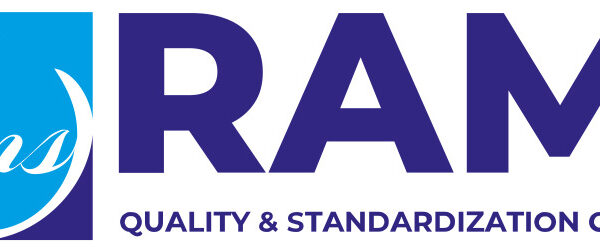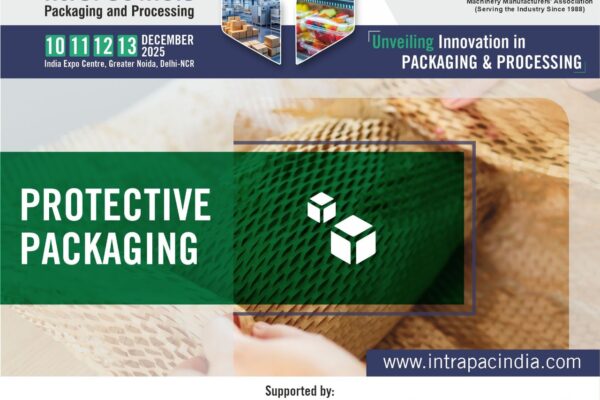In 2025, rapid advancements in design, materials, and engineering techniques have made prototype development services more vital than ever. Whether you’re an entrepreneur with a novel idea or a large enterprise working on your next release, understanding the modern product prototype development process is essential. This guide explores each stage of development and how prototype engineering, prototype manufacturing, and invention engineering can ensure your product succeeds in a competitive market.
Understanding Product Prototypes
A prototype is more than just a model. It’s a functional or visual representation that helps evaluate feasibility, form, and functionality before full-scale production.
• Prototype engineering allows designers to simulate performance.
• Prototype manufacturing helps turn digital models into real-world products.
• Prototyping companies provide resources for rapid design iteration.
Prototypes also serve as effective tools for stakeholder engagement and investor pitches. A working prototype can make it much easier to secure funding, explain complex ideas, or gain buy-in from decision-makers. For inventors, especially those new to invention engineering, this early visual and functional proof is essential.
Step-by-Step: The Prototype Development Process
1. Idea Validation and Feasibility
Before building anything, validate your concept:
• Conduct market research to understand competition.
• Determine your target audience and their pain points.
• Consult invention engineering professionals to assess technical feasibility.
• Consider filing for preliminary patents during this stage.
2. Design and Planning
This phase transforms your concept into a practical design.
• Use CAD software to sketch and model components.
• Perform simulations to test tolerance, stress, and energy consumption.
• Define clear goals with your prototyping company for both functionality and aesthetics.
• Create a product roadmap detailing prototype stages and testing timelines.
3. Prototype Engineering
At this stage, prototype engineering can complete the following:
• Mechanical and electrical components are developed.
• Materials are selected based on product use-case and cost.
• Functional systems, such as circuitry or mechanics, are integrated.
• Teams work closely with prototype development services to translate digital models into tangible elements.
This phase often includes developing several versions:
• Alpha prototypes (rough models to validate design).
• Beta prototypes (closer to final version, used for user testing).
4. Prototype Manufacturing
Use appropriate techniques depending on the complexity:
• 3D printing for rapid modeling.
• CNC machining for precision parts.
• Injection molding for high-fidelity prototypes.
Prototype manufacturing requires consideration of tolerances, part fit, and reproducibility. Choosing the right materials—whether plastics, metals, or composites—is critical. Partnering with experienced prototype development services can significantly streamline this step.
5. Testing and Iteration
Testing is essential to refine performance:
• Perform stress, usability, and field tests based on real-world use cases.
• Use surveys and interviews to collect detailed user feedback.
• Document errors and improvement points.
• Collaborate with prototype development services for rapid iterations.
• Re-test modified versions for comparison.
6. Finalization and Pre-Production
• Complete documentation and engineering drawings.
• Create a BOM (Bill of Materials) with part sources and costs.
• Apply DFM (Design for Manufacturability) principles.
• Start creating pilot production runs.
This phase often overlaps with preparing marketing materials, working on packaging design, and planning distribution. With modern tools, your prototyping company can also assist in producing small batch pre-launch units for influencers or testers.
Key Considerations in 2025
• Sustainability: Use recyclable and eco-friendly materials. This is not just ethical—it’s increasingly becoming a market trend.
• Speed to Market: Accelerated timelines through automation, digital twins, and simulation tools allow quicker validation.
• Cybersecurity: With IoT-integrated devices, ensure your prototype incorporates secure firmware and protocols.
• Regulatory Compliance: Especially important for medical and consumer electronics. Work with your prototype development services team to ensure compliance with FDA, CE, or other global standards.
By working with an expert prototyping company, you ensure your product is designed with the latest standards, trends, and safety requirements in mind.
Why This Process Matters
Every stage of the prototype development process plays a role in success. Mistakes caught early during prototype engineering and prototype manufacturing can save millions in post-launch corrections. Leveraging expert prototype development services ensures efficiency, quality, and innovation.
Moreover, a well-structured new product prototyping process also improves communication among departments—design, engineering, marketing, and finance. Everyone benefits from visual progress, tangible results, and actionable feedback loops.
Conclusion
2025 brings new tools and opportunities for prototyping, but the fundamentals remain: a great product begins with a great prototype. With expert invention engineering, comprehensive prototype development services, and strategic planning through a reputable prototyping company, turning your idea into a successful product is more achievable than ever.
Whether you’re launching a smart device, wearable tech, or an innovative consumer product, this detailed process will help bridge the gap between concept and commercialization—while avoiding costly mistakes and improving your product’s chances of success.
Have a Great Idea- Give us a call
At IDP, we help startups and businesses design smarter, build faster, and confidently launch. From concept to prototype to full-scale production—our experts are here to guide you every step of the way.
Ready to begin:
Let’s connect at https://innovativedesignproducts.com/get-started/ or call Holly Grantham or Jennifer Rivkind at 949.748.1902 to discuss your project!





Leave a Reply
You must be logged in to post a comment.